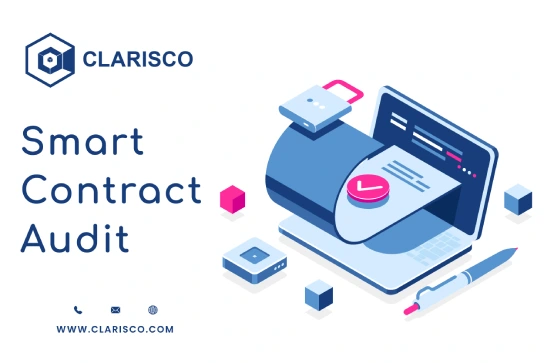We all must have heard the term - ”Smart contracts” when Blockchain Technology surged. If not, we got you. A smart contract is nothing but a self-executing contract where the seller-buyer terms are inscribed directly into the code!. This code and all the related agreements are available across a decentralized Blockchain network.
Seems simple, right? But why do we need a smart contract audit? Why does it hold great importance when it comes to Blockchain-based solutions? Let’s take a look!
Smart Contract Audit - The Purpose
Smart contract audit involves extensive coherent examination and analysis of the code used to write a particular smart contract. This audit provides developers an opportunity to identify & rectify any potential bugs or vulnerabilities before the Smart contract is deployed. This is crucial because once the Smart contract is deployed, it cannot be modified!.
Nearly all crypto projects are obligated to publish their source code on GitHub to prove the integrity & transparency of their cryptocurrency, token, etc.
Smart Contract Audit - The Approach
Smart contract auditing involves two methods - Manual and Automated.
Manual auditing involves experts/auditors scrutinizing the codes line-by-line to identify errors. This can also help with spotting underestimated security vulnerabilities. Manual auditing is further classified as -
Manual auditing by checking a standard list of vulnerabilities
Manual auditing by exploratory checking based on the developer’s own experience
Automated auditing implements a refined approach to penetration testing and helps find vulnerabilities swiftly. This is suitable only for projects that require faster time-to-market. Also, auditors might use multiple bug detection software to perform automated auditing.
Smart Contract Audit - The Process
Auditing is quite a complex process and it involves the following steps:
- Gather code specifications- to review the architecture's compatibility with third-party smart contracts
- Unit testing - test each function of the Smart contract using test cases
- Manual analysis - line-by-line inspection of code to identify potential risk
- Initial report - a report containing all the bugs
- Fixing bugs/errors - fixing each bug/error present in the initial report
- Final audit report - publishing the final report on Github, accessible for everyone to read.
Conclusion
Smart contract audits are typically conducted by a third party or individuals to ensure that the code is reviewed rigorously and vulnerabilities are identified before the deployment. Depending on the complexity of the smart contract, one may prefer the services of a specialist smart contract team. Clarisco Solutions is one such specialist. Have a vision in mind? Join hands with Clarisco Solution today!


